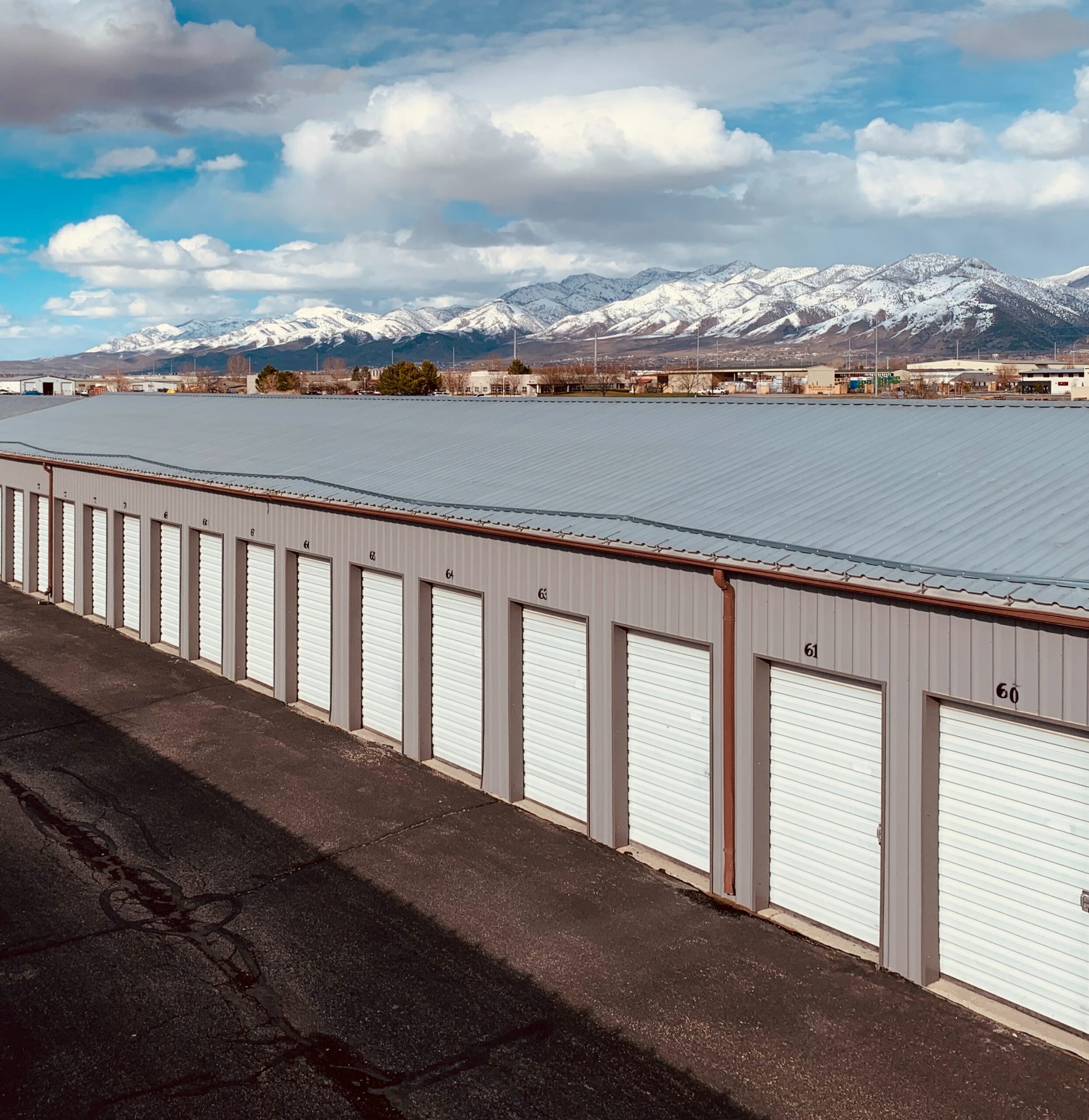A reverse mortgage sounds like a very strange term, but what does it really represent? You have probably come across a bunch of commercials on TV where people tell seniors that they can utilize a reverse mortgage to gain access to the equity in their houses and lead a much more relaxed lifestyle when it comes to their finances.
Many people claim that precisely this type of mortgage is going to eliminate monthly mortgage payments of older people so they can employ that cash for other important expenses. Does it sound too good to be true?
It probably does. So what do we really know about it? If you’re interested in gathering as much information about it as possible, then check out these useful facts below that we are about to provide.

Everything You Need To Know About Reverse Mortgage
Who Is Eligible For It?
In order to qualify for this type of mortgage, you must be at least sixty-two years old or older, and also the house you are mortgaging must be the primary residence.
If by any chance, there’s a remarkable mortgage on your property, you are obligated to utilize some of the reverse mortgage proceeds in order to pay it out.
In case, if you have a very big remarkable traditional mortgage, you may not be permitted to qualify for a reverse mortgage, or may you come to the realization that there are some better options out there.
The amount you get in this type of mortgage highly depends on the value of your house, your age, the limits that were determined by the lender or the government, and many other things.
The Amount Of Money You Can Borrow With A Reverse Mortgage
The amount of money you can borrow is also known as the “initial principal limit” and as previously mentioned, it depends on various factors.
Namely, the calculation involves either the HECM mortgage limit or the assessed value of your house.
Furthermore, the HECM mortgage limit for the last year was $822,375. According to some informed real estate bloggers the older you are, the higher the house value, the lower the interest rate, the more cash you will be able to receive.
Just bear in mind that you won’t be able to get one hundred percent of the equity.
Instead, you will receive just a portion of the equity of your house and you will have to pay interest on that.
Adding More Useful Facts Below
Who Is The Owner?
The situation is exactly the same just like with any other type of mortgage, meaning that you are the owner of the house. So when the borrower goes somewhere else or dies, the mortgage becomes payable in full.
However, if by any chance you do not want to pay out the debt, or you simply are not able to, the lender is allowed to sell the house in order to get the money that is owed.
It’s worth mentioning that if the property is sold for less than the amount owed, neither beneficiaries nor the homeowner is responsible for any further expenses.
Have Somebody By Your Side You Can Trust
It’s of huge importance to understand every single thing about it because, at some point, you will be forced to make some very important decisions.
Therefore, you should have somebody by your side you know and trust that is going to provide you with the right answers and help you make educated and smart decisions.
How Can You Apply For It?
You can do so via a reverse mortgage lender. Now, before you obtain a reverse mortgage, you first have to contact a reverse mortgage counselor.
Bear in mind that you will have to set a certain amount of money aside for the consultation.
Normally, it’s approximately $125. Furthermore, you can receive the reverse mortgage in a line of credit, a lump sum, or through monthly payments. The loans are available at fixed and adjustable interest rates.
Will You Still Own Your House?
Now, this is one of the most frequently asked questions when it comes to this topic. Namely, a majority of people think that taking out this type of mortgage means that the bank has become the owner of your house.
But that’s not the case. Even though the bank does have a lien on your house, and it has the first claim on the profits from the sale, you as a borrower are still the owner of the house.
There are many misconceptions and confusion when it comes to reverse mortgages. That’s precisely one of the reasons why we’ve decided to write this article.
We wanted to provide you with some detailed information that will make things a bit clearer.






